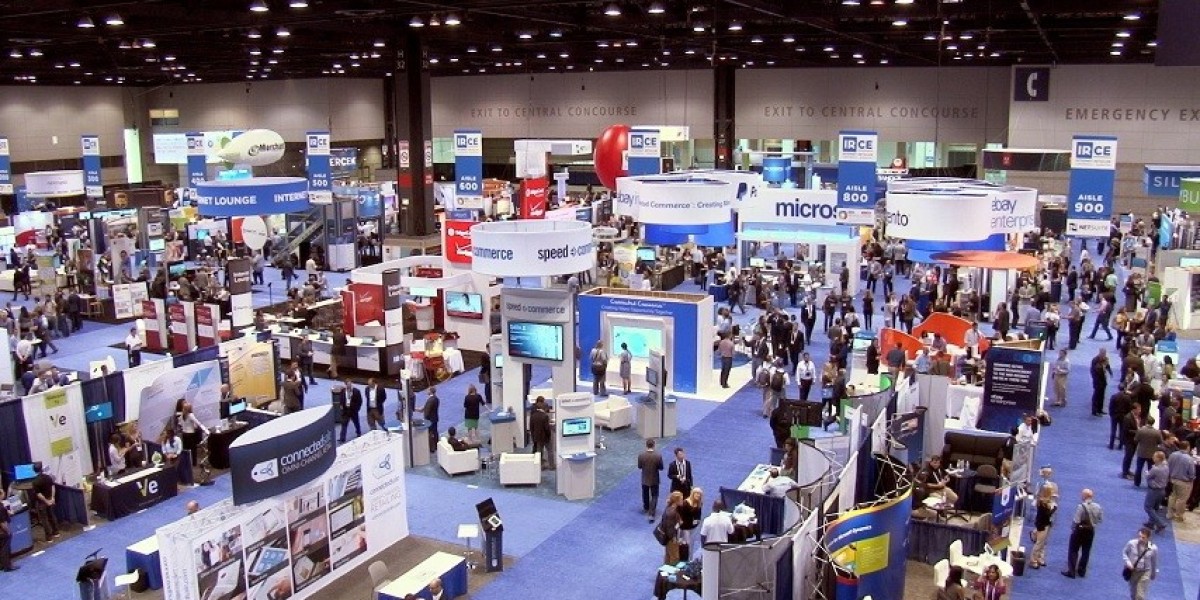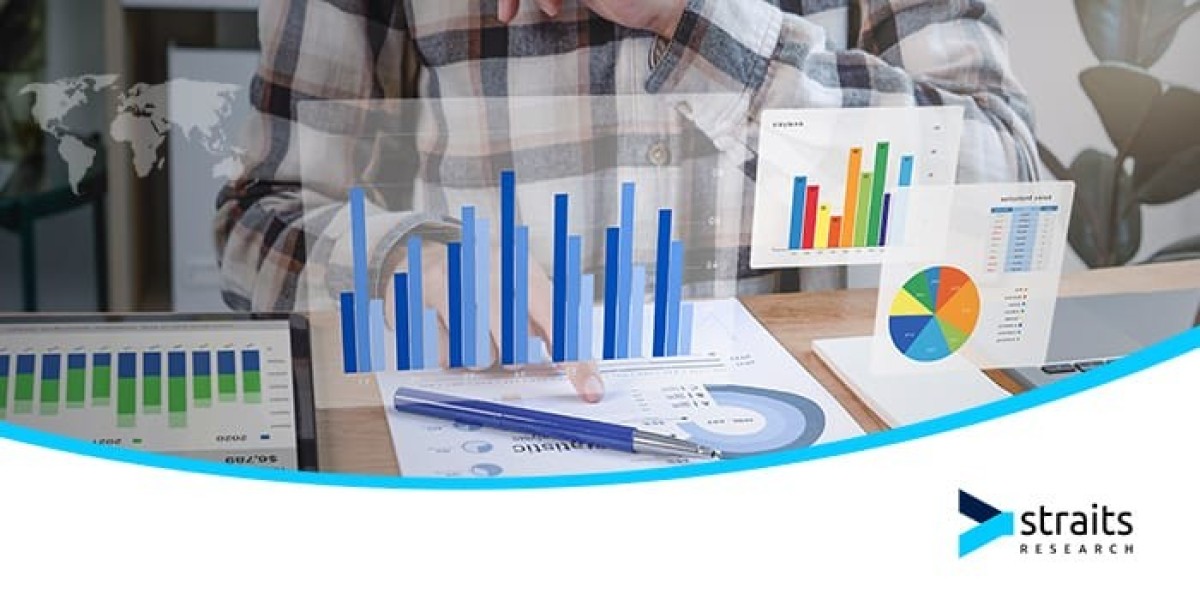In today's fast-paced event industry, utilizing an event marketing solution is essential for maximizing reach, engagement, and ROI. These platforms streamline promotions, enhance audience targeting, and provide valuable insights that can improve event outcomes. However, simply having an event marketing tool isn’t enough—you need to know how to use it effectively. Here are five key tips to make the most of your event marketing solution.
1. Integrate with Your Existing Tech Stack
To get the best results, your event marketing solution should seamlessly connect with your CRM, email marketing tools, social media platforms, and event registration systems. Integration allows for:
- Automated workflows that save time and reduce manual work
- Personalized attendee communication based on past interactions
- Comprehensive data tracking across multiple channels
For example, syncing your event marketing solution with your email platform ensures that you send timely, personalized invitations and follow-ups, increasing engagement and conversions.
2. Use Data-Driven Insights for Targeted Marketing
Most event marketing platforms provide analytics on attendee behavior, registration trends, and engagement levels. Use these insights to:
- Identify the best-performing marketing channels
- Personalize content based on audience interests
- Adjust your campaigns in real-time for better engagement
For instance, if you see that LinkedIn ads are driving higher conversions than Facebook, you can reallocate your budget accordingly.
3. Leverage Automation to Streamline Campaigns
Automation is a game-changer when it comes to event marketing. Your solution should enable you to:
- Schedule email and social media campaigns in advance
- Send automatic reminders for registration, event updates, and post-event surveys
- Score leads based on engagement levels to prioritize follow-ups
By automating repetitive tasks, your team can focus on more strategic initiatives that enhance the attendee experience.
4. Enhance Engagement with Multi-Channel Promotion
A robust event marketing strategy should utilize multiple channels to attract attendees. Your marketing solution can help you:
- Create and schedule posts across different social media platforms
- Run targeted ad campaigns for specific audience segments
- Implement referral programs to encourage word-of-mouth marketing
For example, if you’re hosting a hybrid event, you can use your platform to send tailored promotions to both virtual and in-person attendees, ensuring they receive relevant information.
5. Optimize Post-Event Follow-Ups for Future Growth
Event marketing doesn’t end when the event is over. Use your solution to:
- Send personalized thank-you emails and surveys
- Share event highlights, recordings, or key takeaways
- Collect and analyze attendee feedback to improve future events
By nurturing relationships with past attendees, you can increase retention and drive registrations for future events.
Final Thoughts
An event marketing solution is a powerful tool, but its true value lies in how you use it. By integrating it with your existing tech stack, leveraging data insights, automating campaigns, utilizing multi-channel promotion, and optimizing post-event engagement, you can maximize its potential. Start implementing these tips today and watch your event marketing strategy thrive!







